Following the discovery of oil almost seven years ago, the International Monetary Fund (IMF) served as a key partner in helping Guyana navigate the unchartered territory. Through the issuance of several technical reports and multiple workshops, the Fund advised Guyana on a multiplicity of matters which included avoiding the creation of a National Oil Company (NOC).
The Fund said there is simply no business case for using such a vehicle as a means of state participation in the offshore oil industry. Upon noting recent media reports on this advice, Vice President, Dr. Bharrat Jagdeo said the IMF is not in any position to make pronouncements on the parameters within which Guyana’s oil future must be crafted. During a media briefing at the Office of the President on Friday afternoon he said it is the government that will examine the options and decide what is best for its people.
The Vice President said, “There has been a lot of talk about the National Oil Company and there have been articles about the IMF advising us not to go this route. But let me just say to the people of this country, we have worked with the IMF for a very long time and I have had a lot of experience working with them. While we listen to advice from people, the only decision we will make will be made on the basis of what is good for our people.”
He added, “Often, the IMF doesn’t look out for our people…the IMF has a different mandate; they were designed as an institution to deal with balance of payment problems around the world. They are not a development institution, they don’t even have expertise in oil and gas. They are a macro-economic type of organization.”
Further, the Vice President explained that the creation of a NOC is just one of the options under consideration for the future management of blocks allocated via the upcoming bid round in the third quarter.
Dr. Jagdeo said the other options to be considered include the auctioning of blocks with or without seismic surveys. There are pros and cons to both. The former would require upfront investment from the government and if the results are not attractive, it cannot demand high biddable terms from interested companies. Without the seismic surveys, companies would have to do their own homework and the company with the highest biddable terms would win.
In addition to the foregoing options, Dr. Jagdeo said the administration is considering having a NOC that would control all of the remaining offshore concessions. It would be managed with the help of a strategic partner.
Dr. Jagdeo acknowledged that in the current circumstances where the movement to net zero goals is heightened, NOCs are facing difficulties in securing financing to continue in the fossil fuel business.
He said these and other variables are being carefully considered irrespective of the “bland statement” proffered by the IMF.
The government’s decision on the way forward will be announced by September.
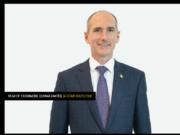
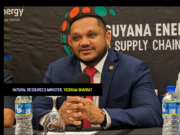
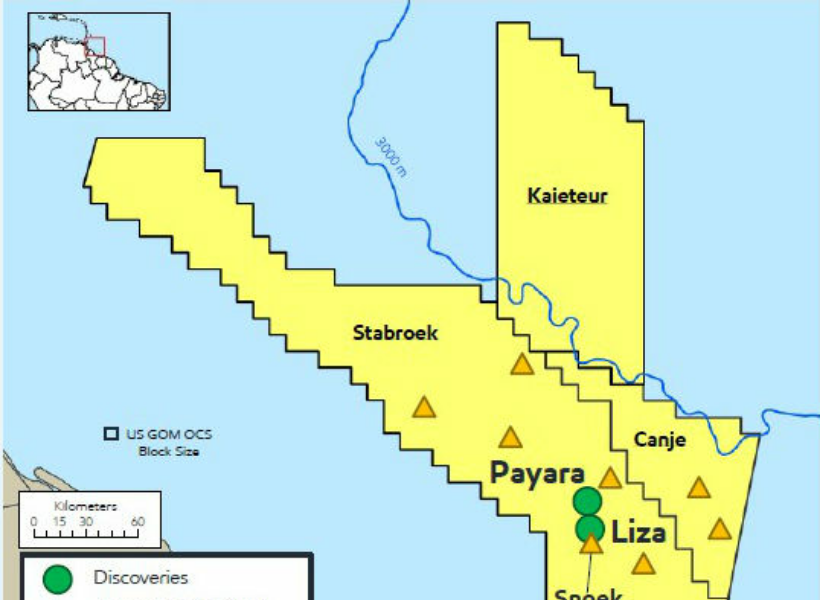




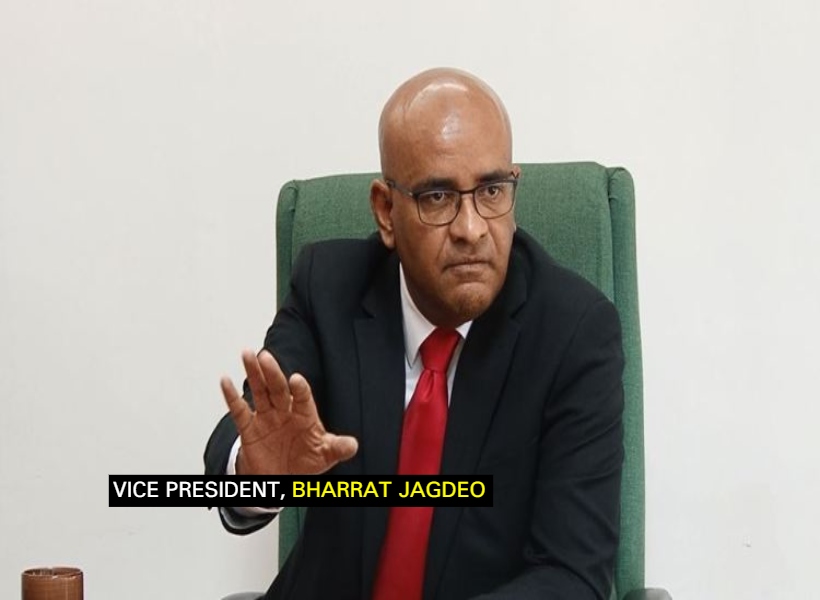
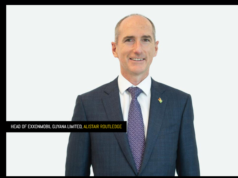
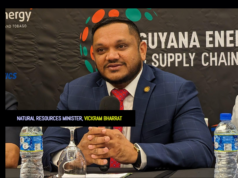


Fagdeo:
Hey, do not listen to the IMF.
I suggest you bring in bush doctors from mudda africa.